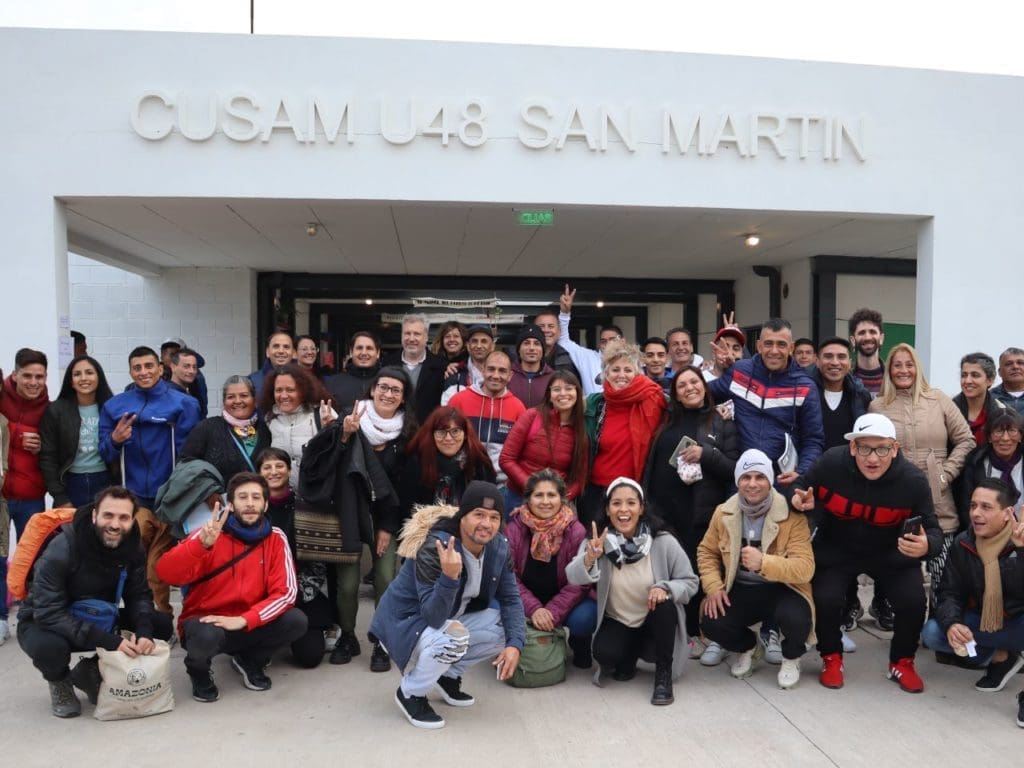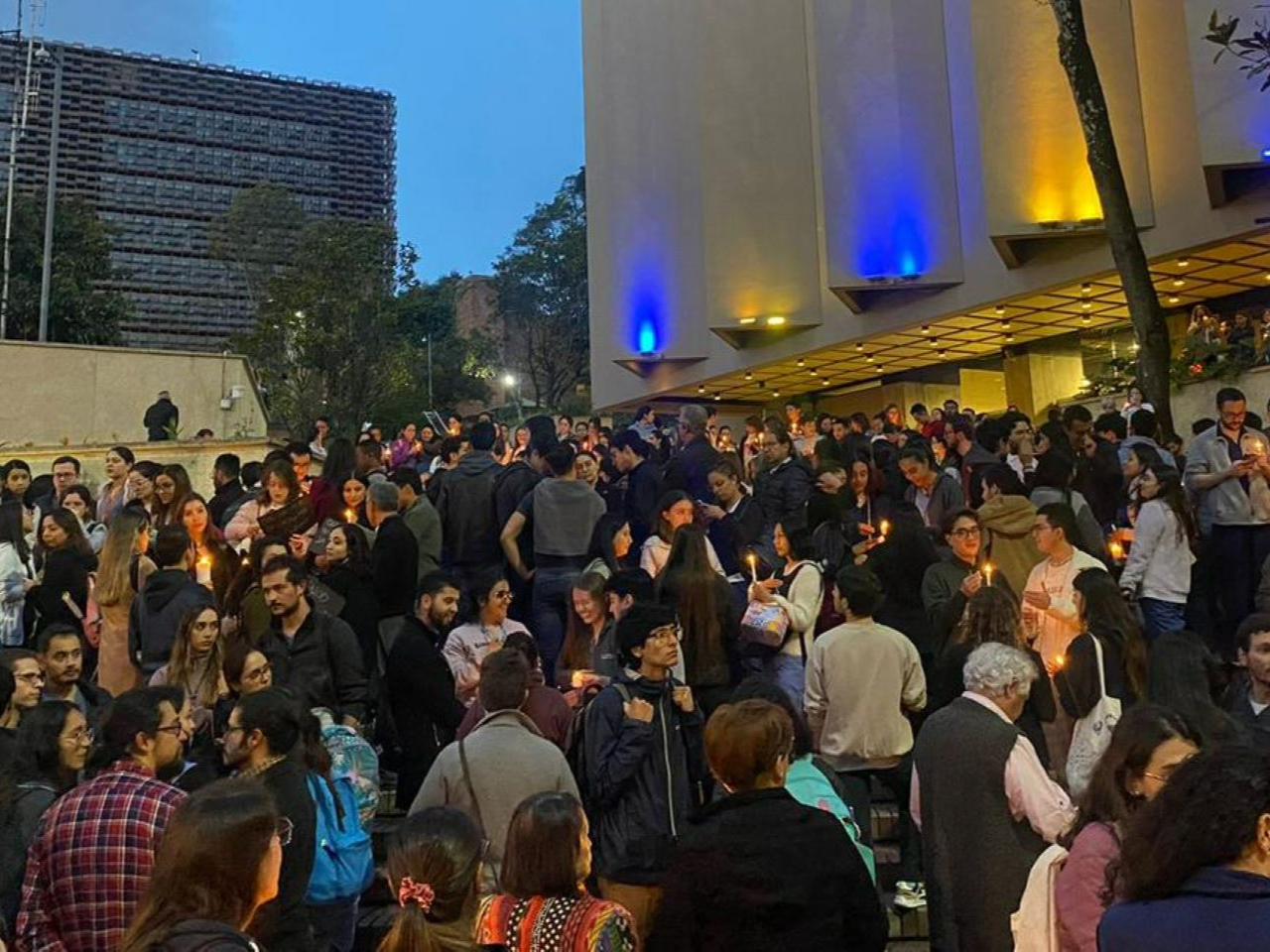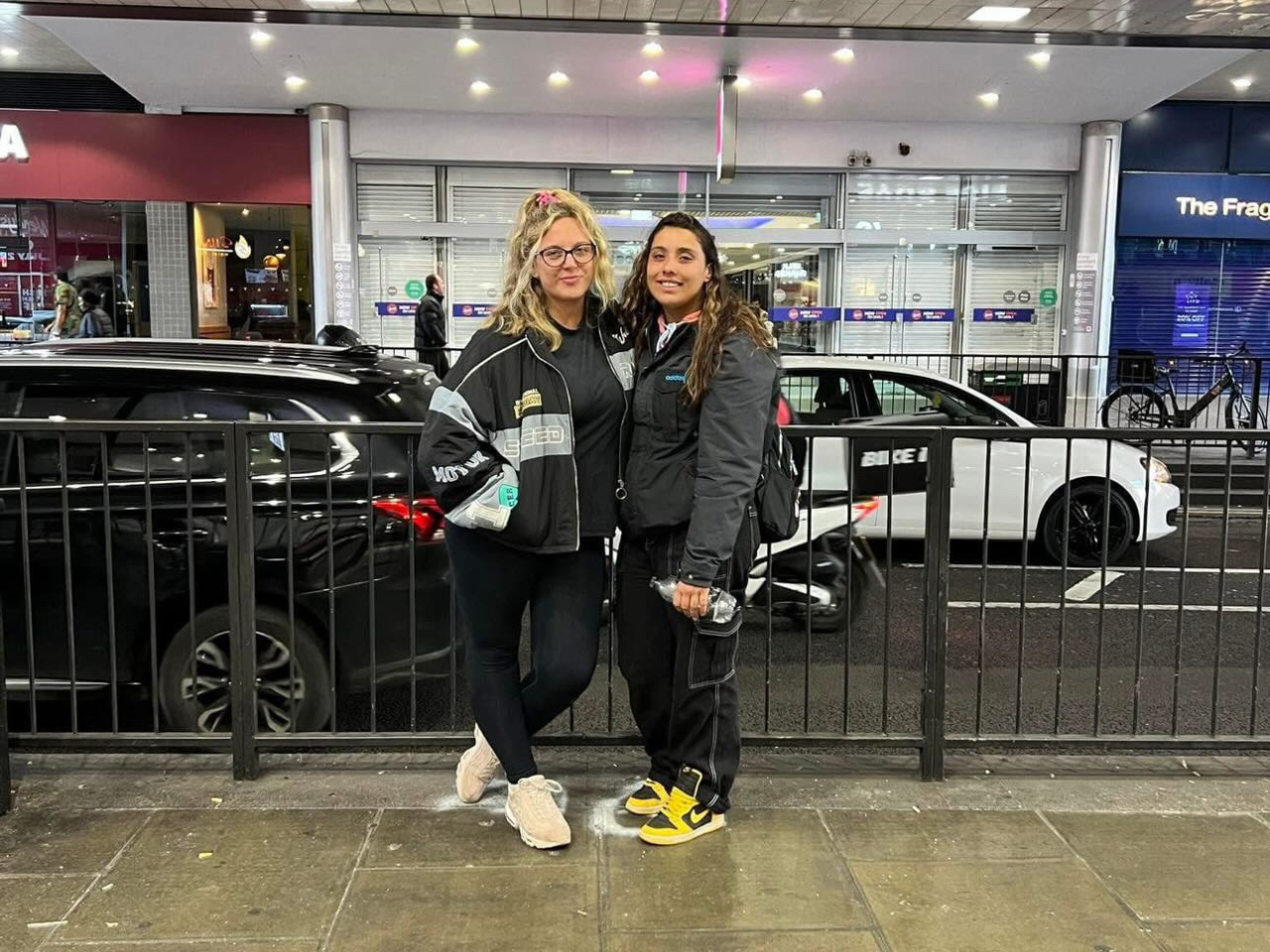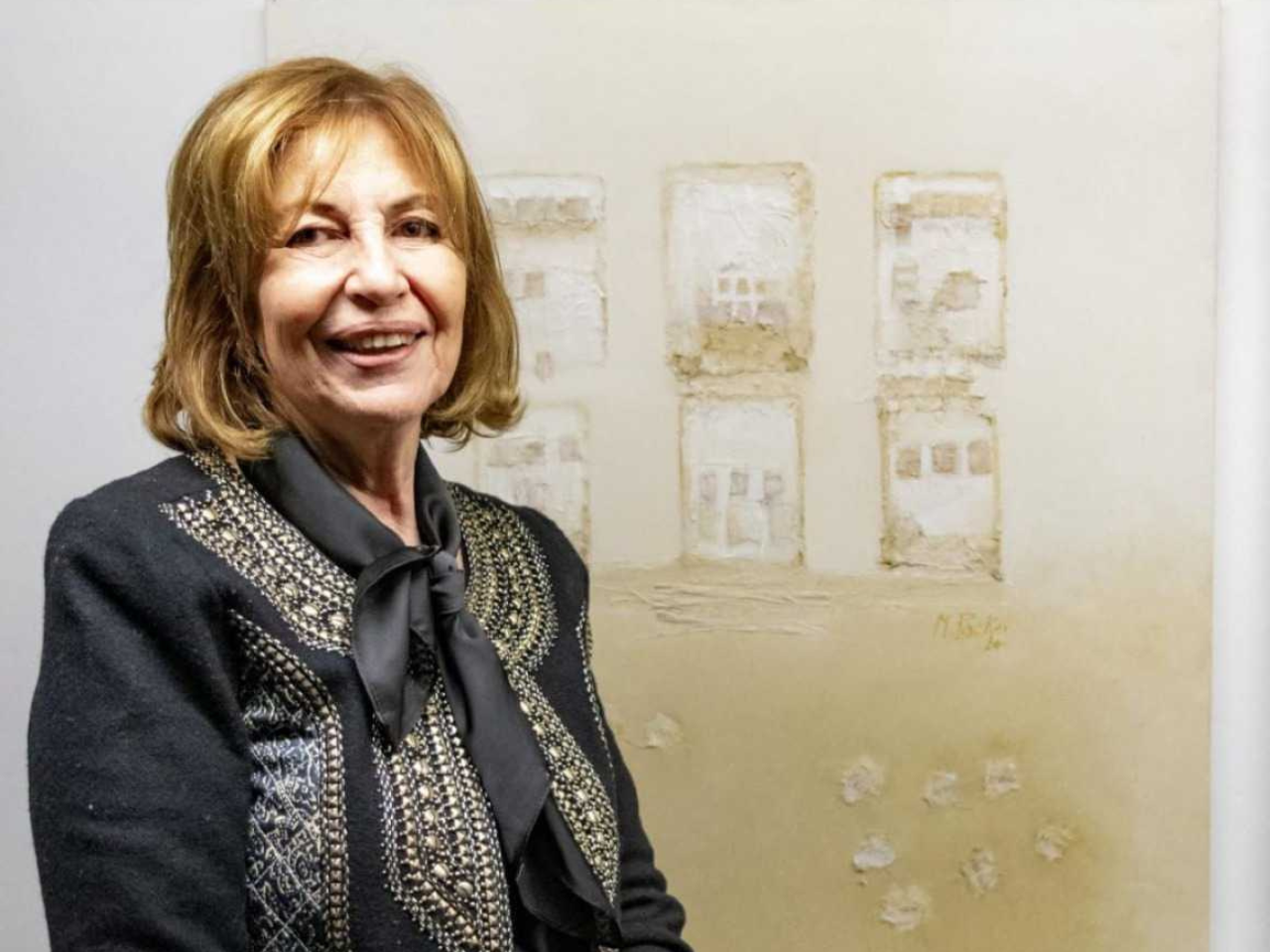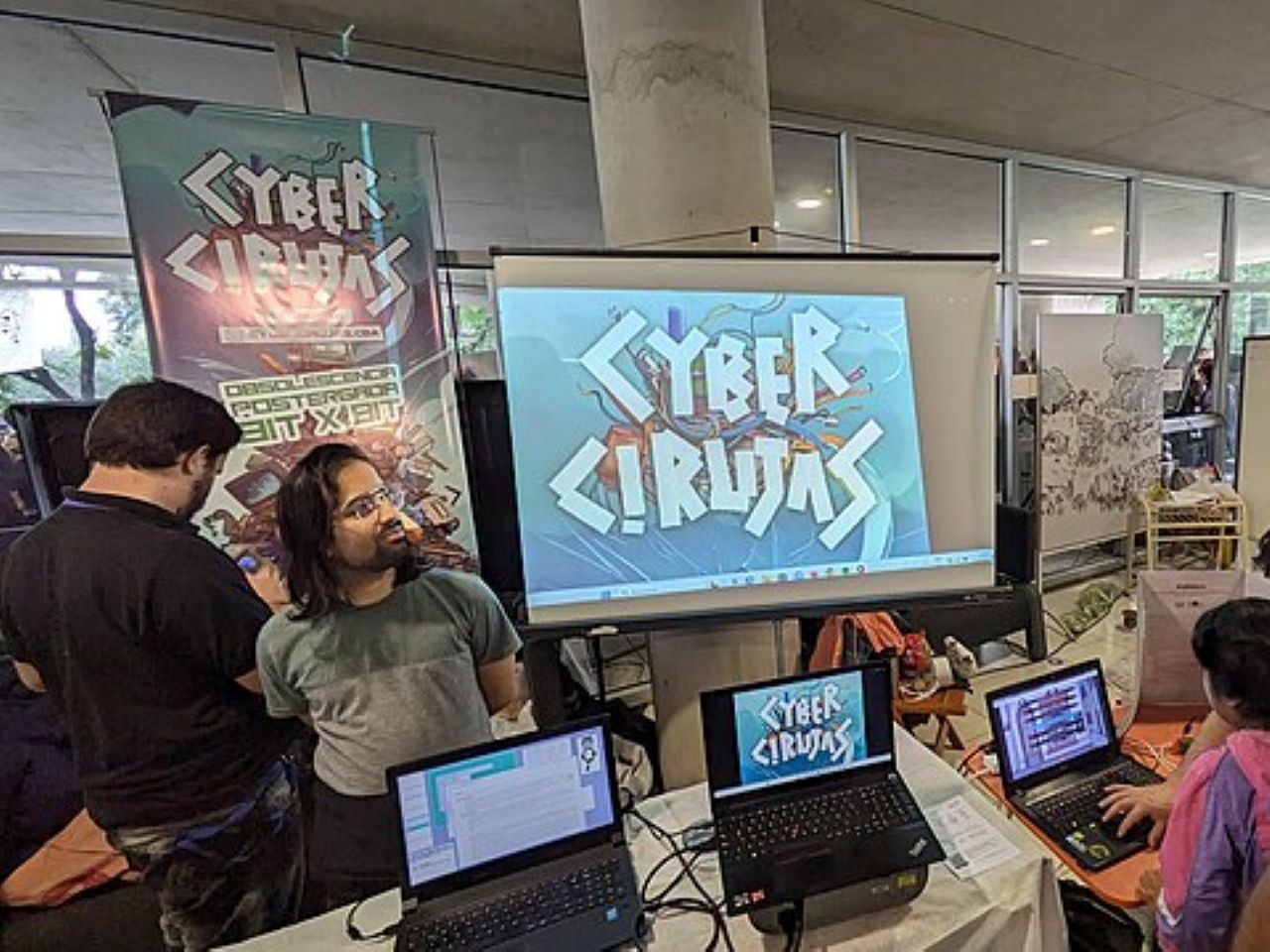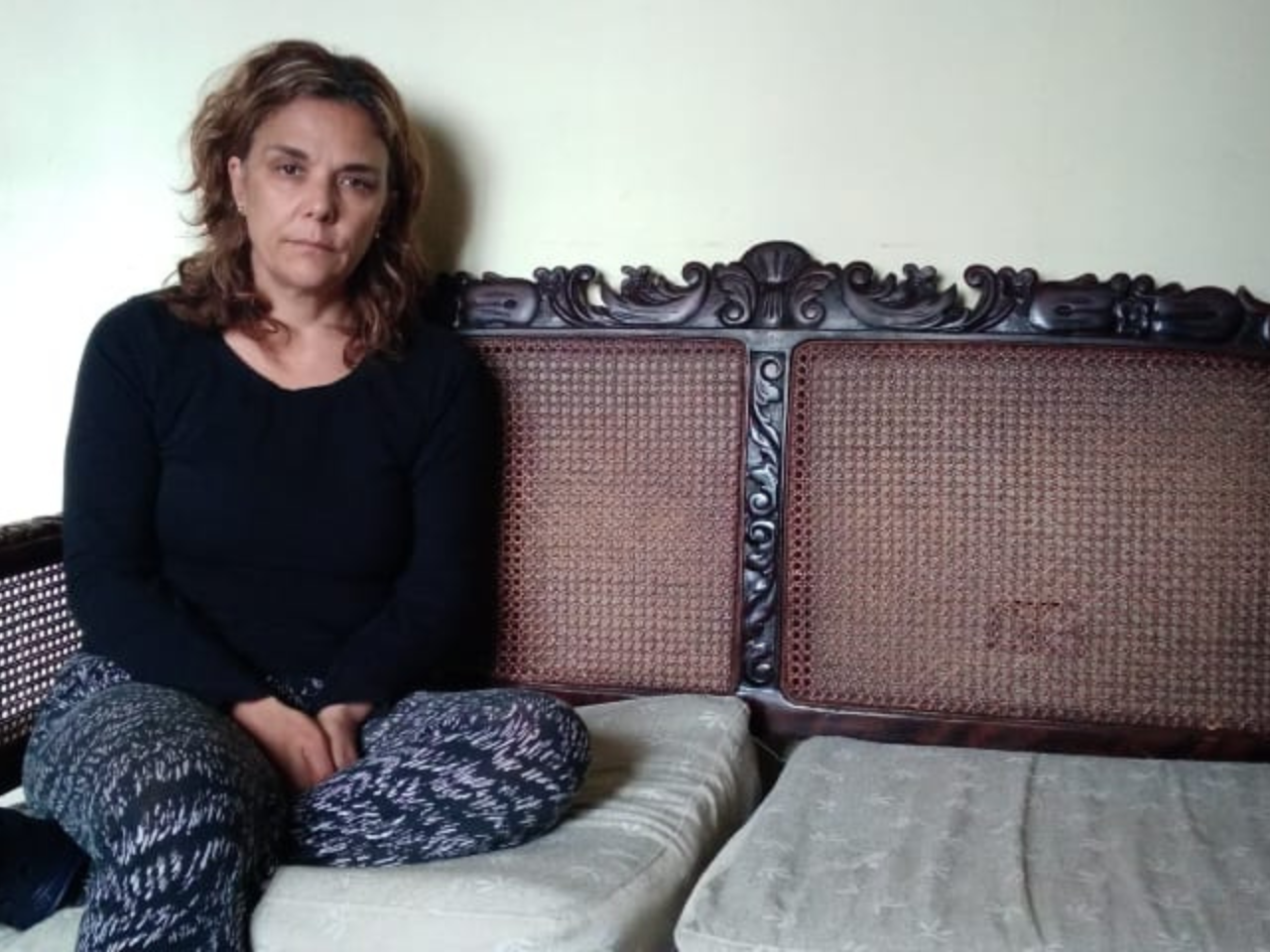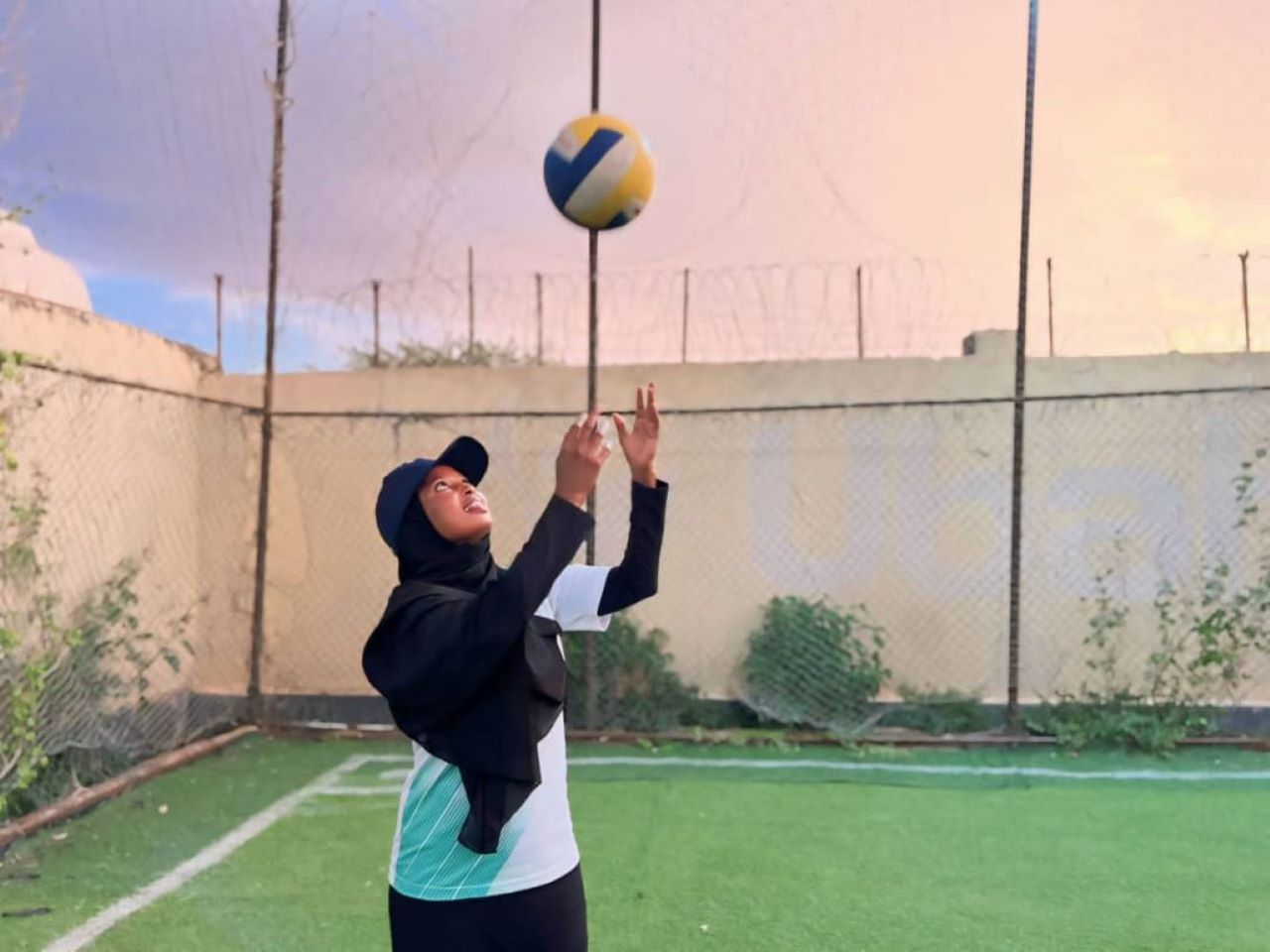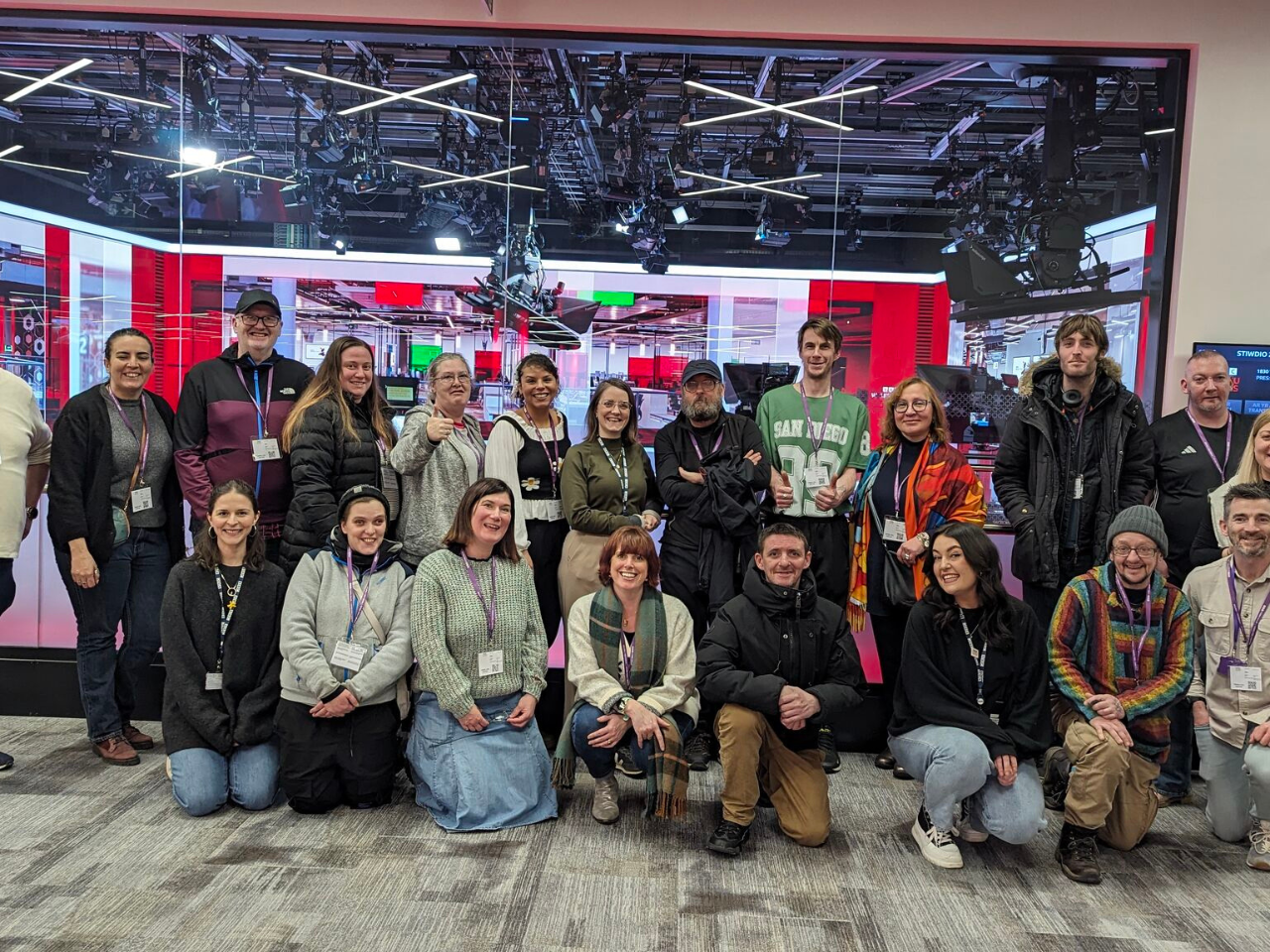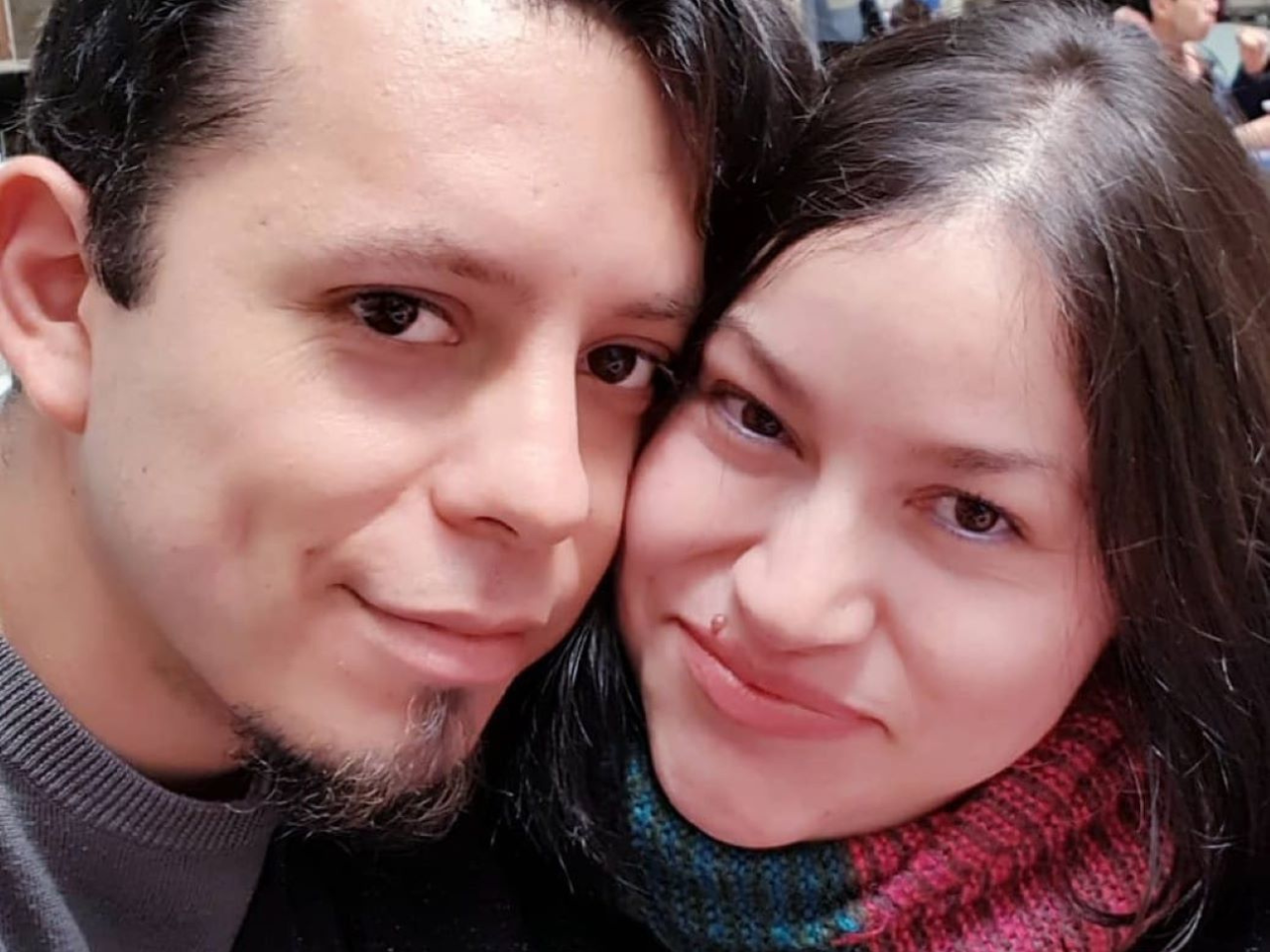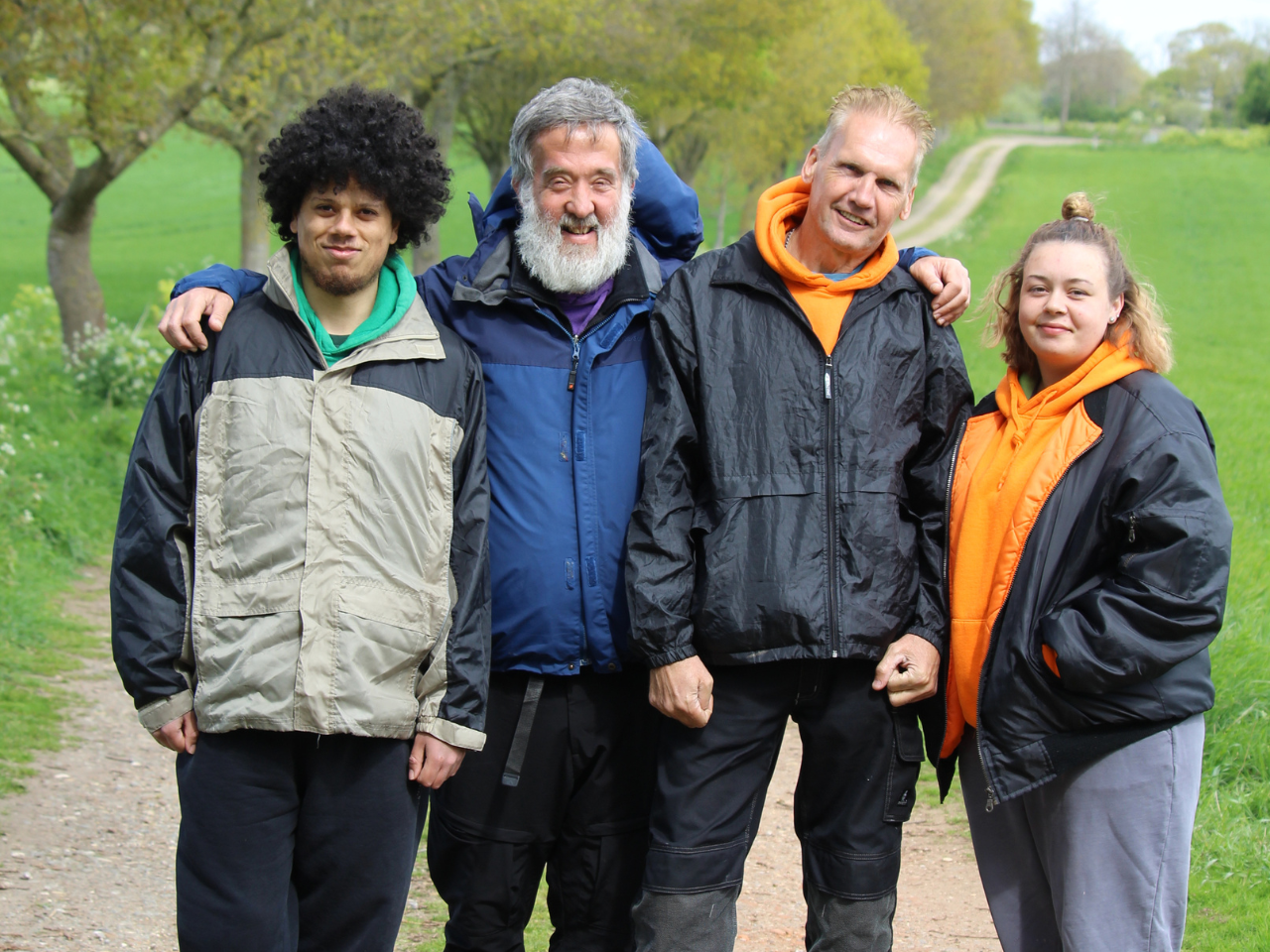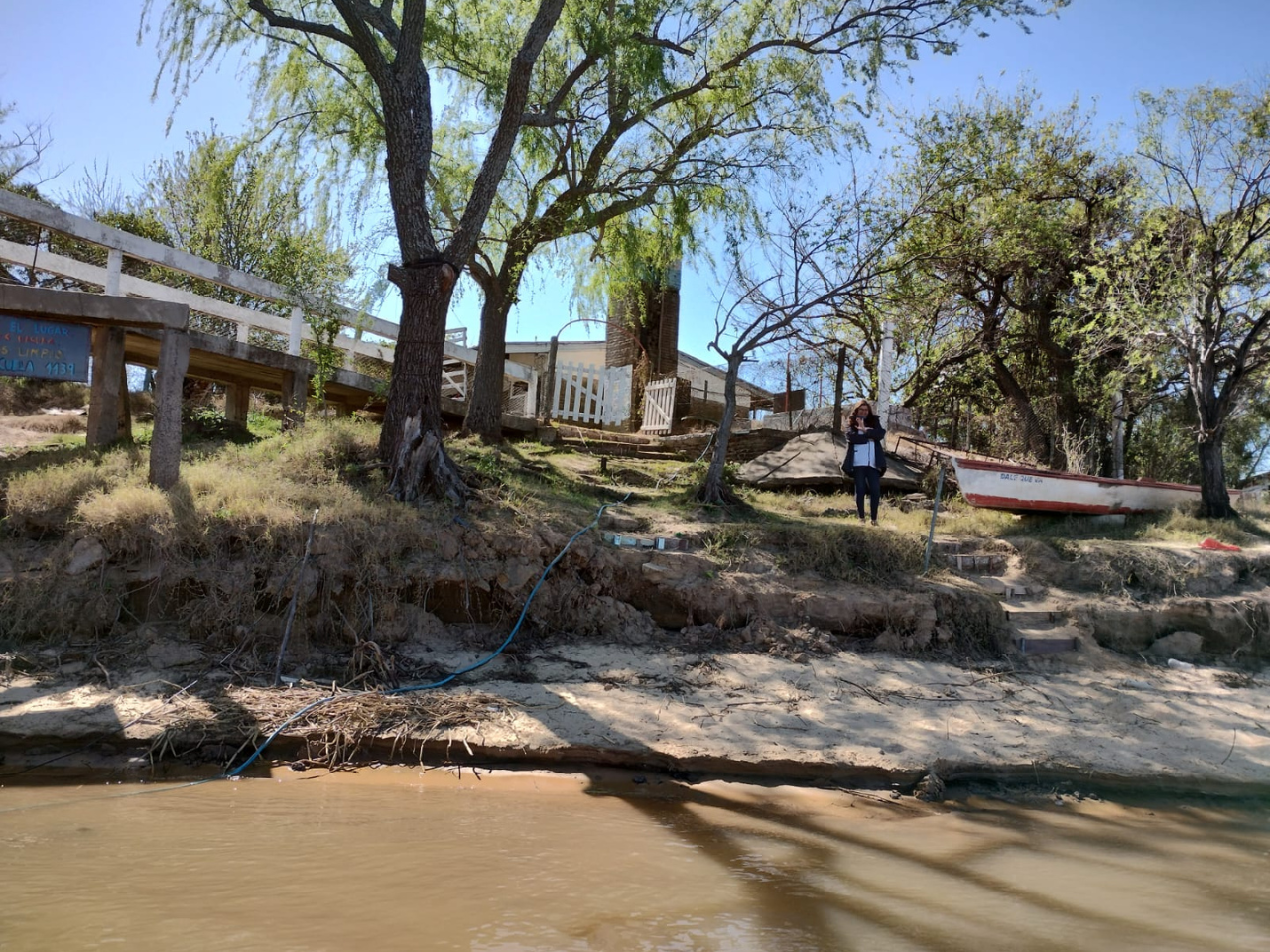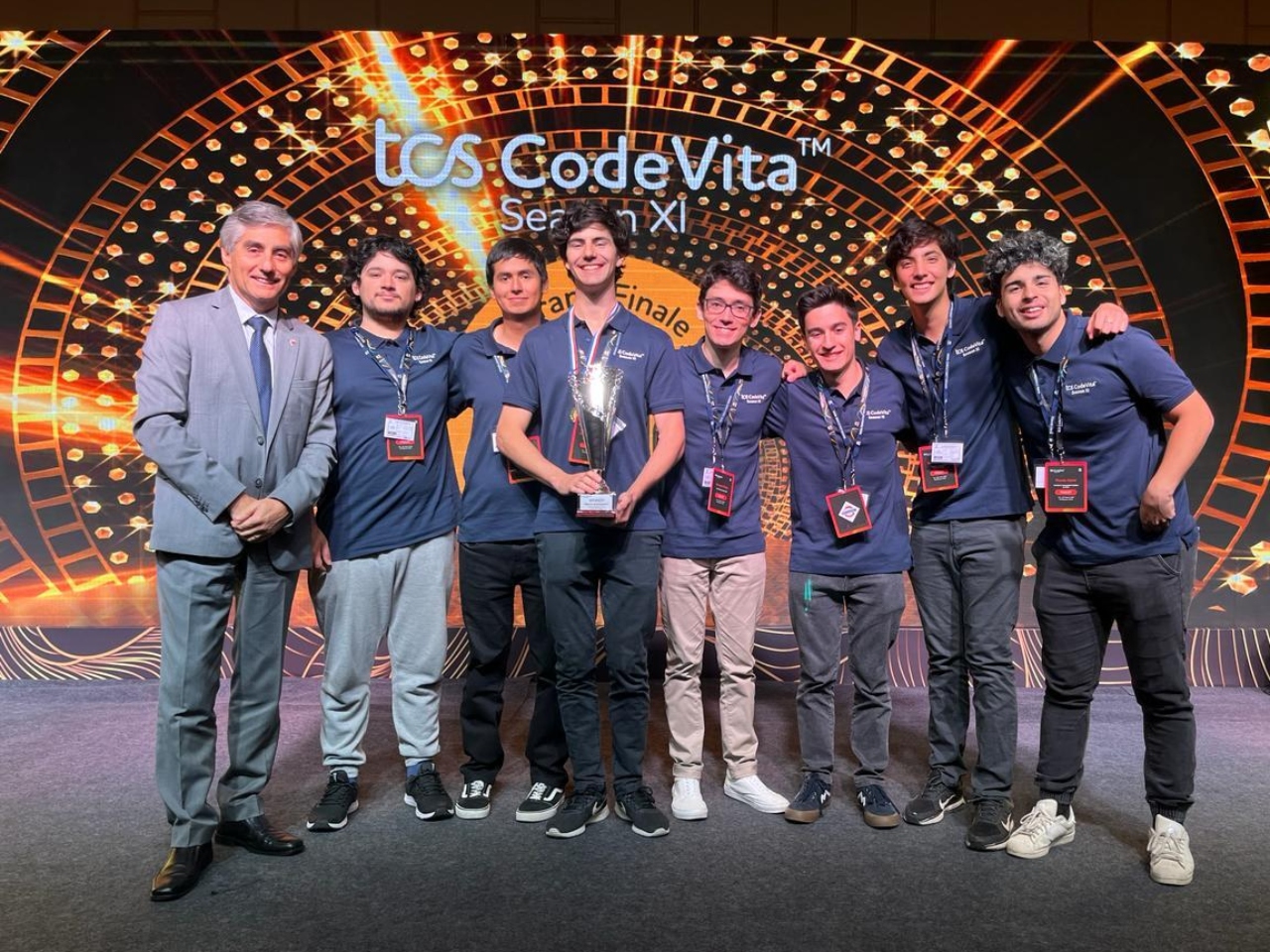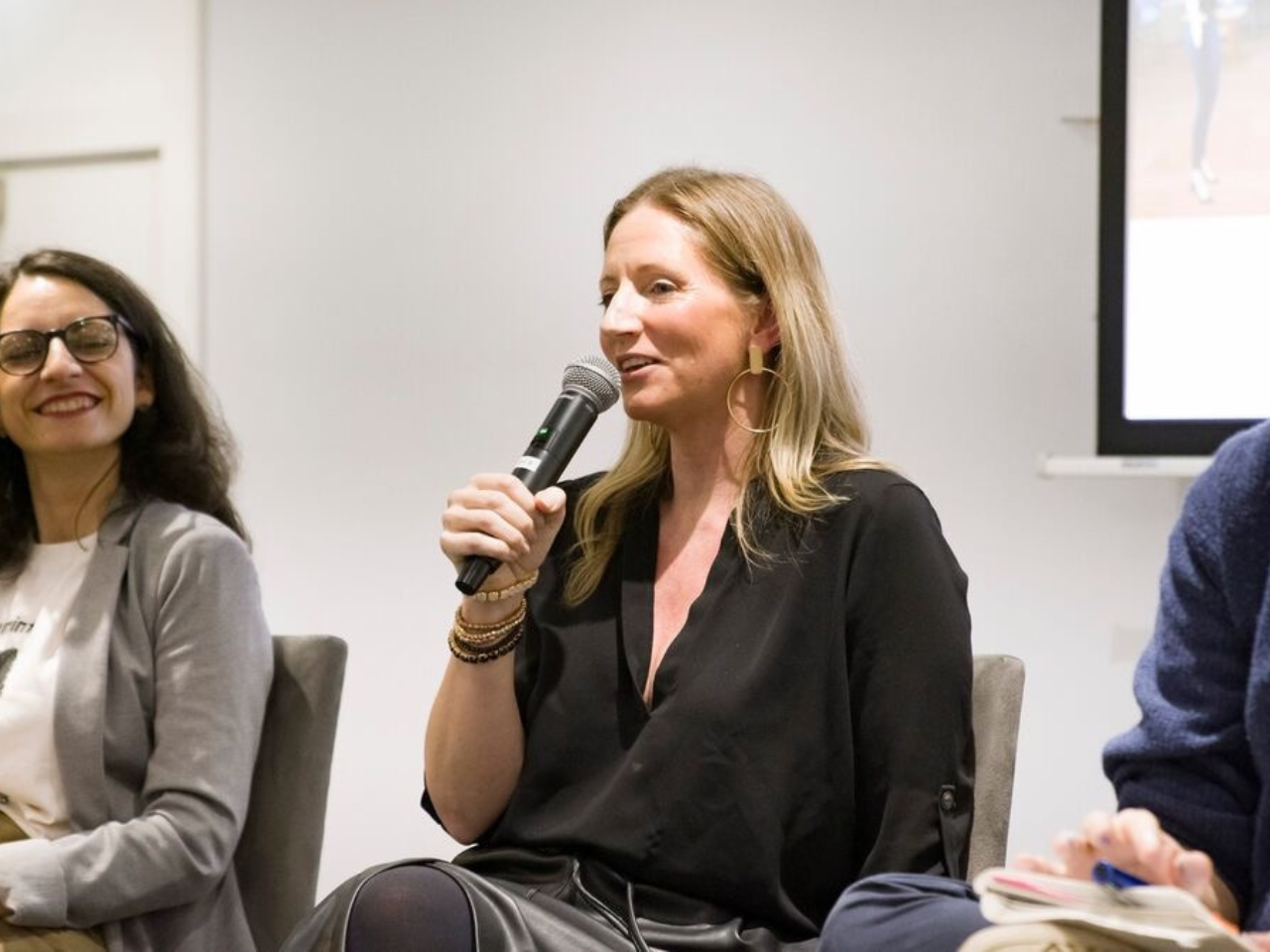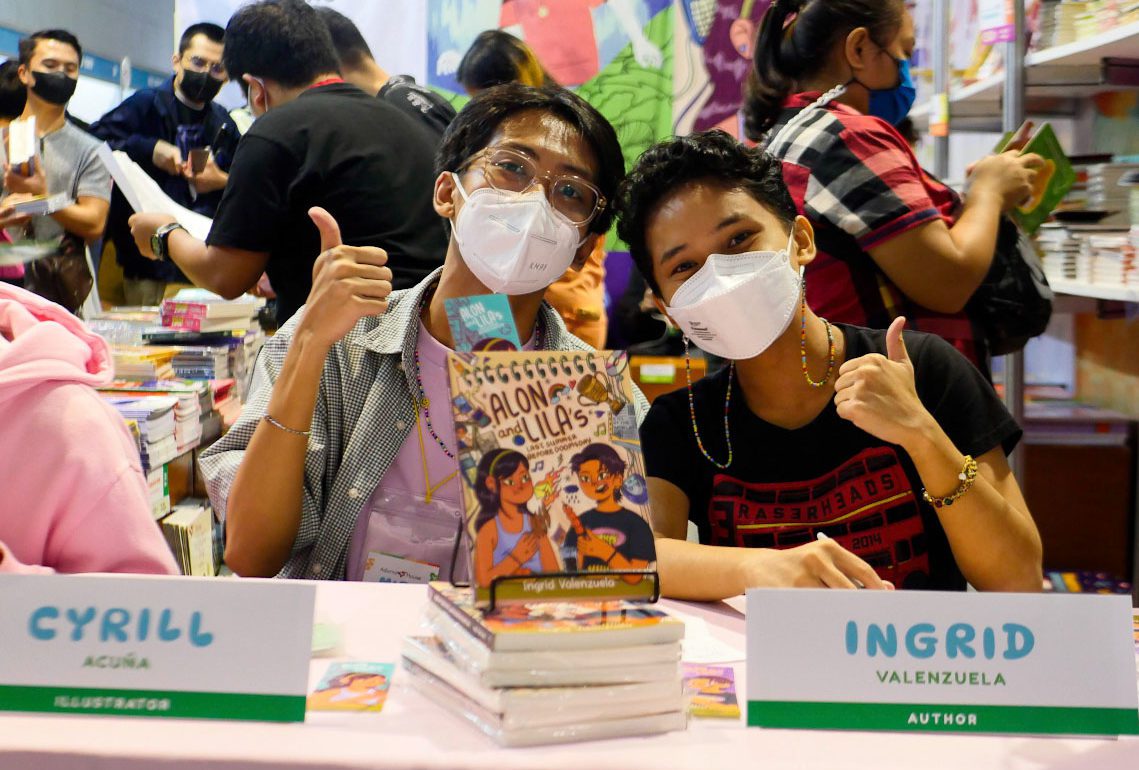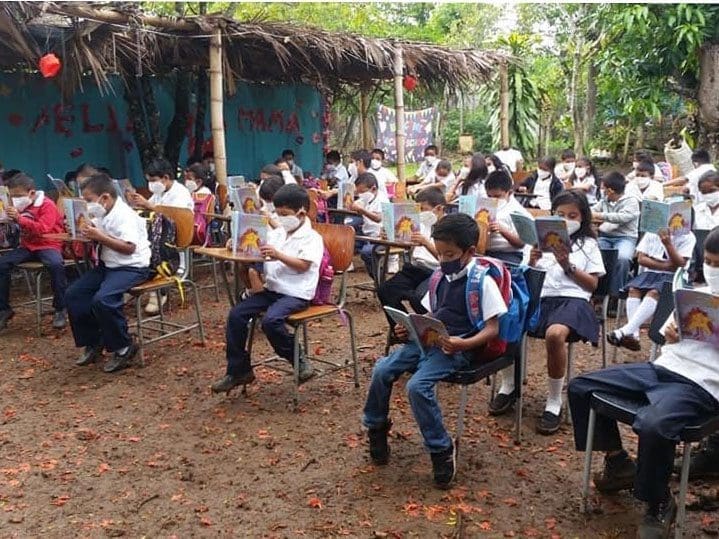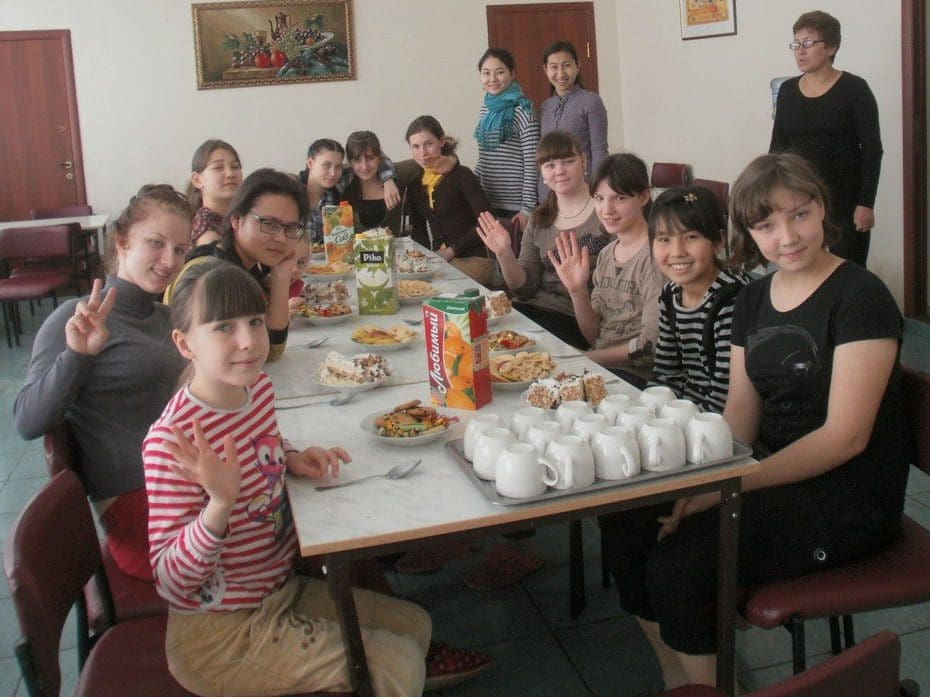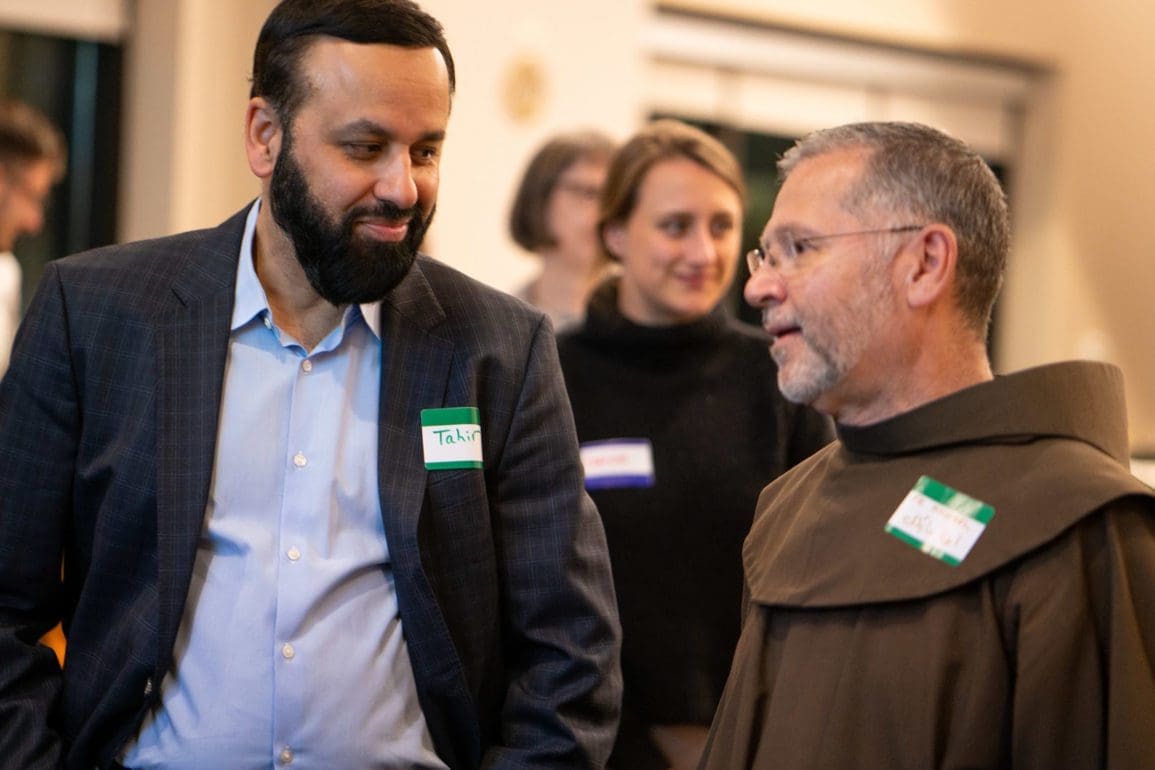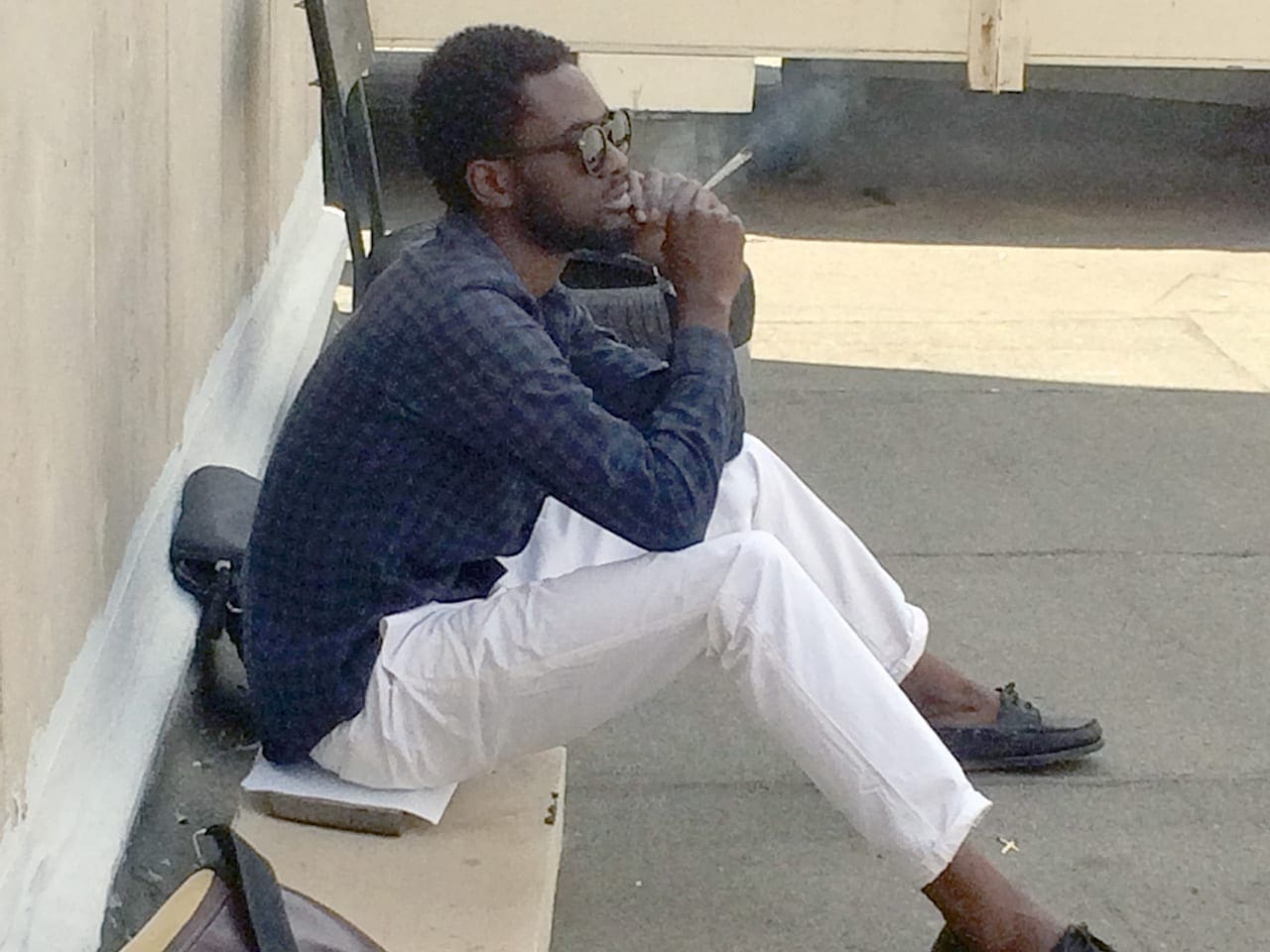Locked up for 23 years, he grew up in prison: radio show offered an oasis in the darkness
Hearing the gunshots and the smoke rising from fires, as the blood flowed from bodies, I felt deeply distressed. Then it seemed that just as the system nearly devoured me, I summoned my strength, and the University community rescued me.
- 3 years ago
July 15, 2023
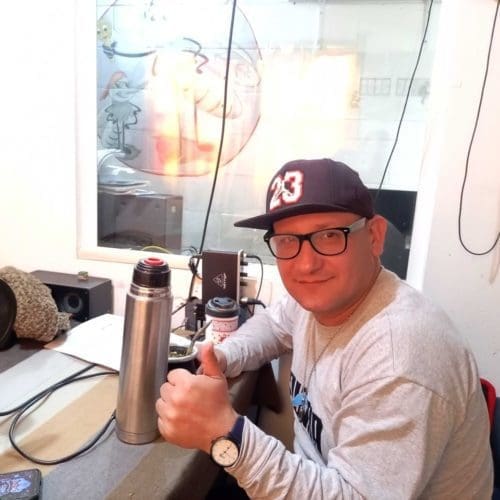
BUENOS AIRES, Argentina — The closed doors loom before me, heavily guarded, as a continuous murmur resonates through the corridors. The prison remains a somber place, with gray walls that seem to imprison not just the body, but also the soul. It is more than just a building; it is an underworld, a monstrous entity that consumes those within its grasp.
I have spent more than half of my life behind these bars. I entered this prison at the age of 23. My birth in 1976 coincided with the dark era of military dictatorship in Argentina, and I lost my entire youth within these confines. Today, I am 46 years old.
The horrors of prison nearly devoured me
No doubt, after leaving home at 15 years old, I broke the rules. When I first arrived in prison, I came as a child, thrust alongside prisoners with life sentences. I imagined escaping; of rebuilding my shattered life. While the prison of today is different than when I arrived, I witnessed so much bloodshed and darkness.
I saw riots and hostage situations. Hearing the gunshots and smoke rising from fires, as the blood flowed from bodies, I felt deeply distressed. Then it seemed that just as the system nearly devoured me, I summoned my strength, and the University community rescued me.
The San Martín University Center inside the José León Suárez prison complex in Buenos Aires offers a unique initiative – a radio station called Mosquito. Mosquito gives individuals deprived of freedom a place to express opinions, voice complaints, and share joy. Though prisoners are deprived of liberty, Mosquito reminds us we have inherent human rights.
Through the station, I found a space where I can communicate. It becomes a therapeutic outlet, fostering stronger connections with the prison community. As I take advantage of the opportunity, I gain valuable professional tools. It offers me a means to rebuild trust and reconnect with family, dismantling the stigma perpetuated by mainstream media about life behind bars.
Waking up every day with a sense of gratitude
Today, with two years remaining until my release, I live in the open regime – small houses situated on the prison grounds, shared with other inmates. It took 22 years to get here, and moving into the houses symbolized a step forward. It pointed toward a future beyond these prison walls.
Still, these houses remain prisons. We adhere to strict regulations: lights-out, scheduled leisure, controlled visits, and limited access to information. I cannot choose what I possess, and privacy is a constant concern. I find myself surrounded by people who either monitor me or compete with me.
Despite it all, each morning, I wake up early, around 7:00 a.m. As soon as I open my eyes, I experience deep gratitude to God for the gift of life. I bear the physical scars of my past – both the gunshot wounds and the ten surgeries it took to heal me. Despite it all, I truly value life.
Those wounds point to a time when everything unraveled. Today, I take responsibility for my decisions, and offer my amends; but when a life is lost, forgiveness becomes elusive. My heart aches for the suffering my family endured.
Even as I am transformed, I cannot erase the pain I caused my mother. This realization feels like a heavy weight, pressing down on me. Some days, the tears flow freely. As I lay my head on my pillow at night, I feel the dampness on my face. It becomes a moment of reflection. I can’t help but think, I lost my entire youth – every moment of it. Anyone who claims not to cry in prison is simply deceiving themselves.
The power of education changed everything
Over these 33 years, the San Martín University Center gave me a chance to study and experience a profound transformation. As this outlet allowed me to embrace new values and perspectives, it simultaneously ensured my survival.
Today, I serve as a cultural manager and a literacy teacher. I instruct my fellow inmates, helping them learn to read and write. The process fills me with great joy. I never imagined I would witness these other prisoners transform through the power of education.
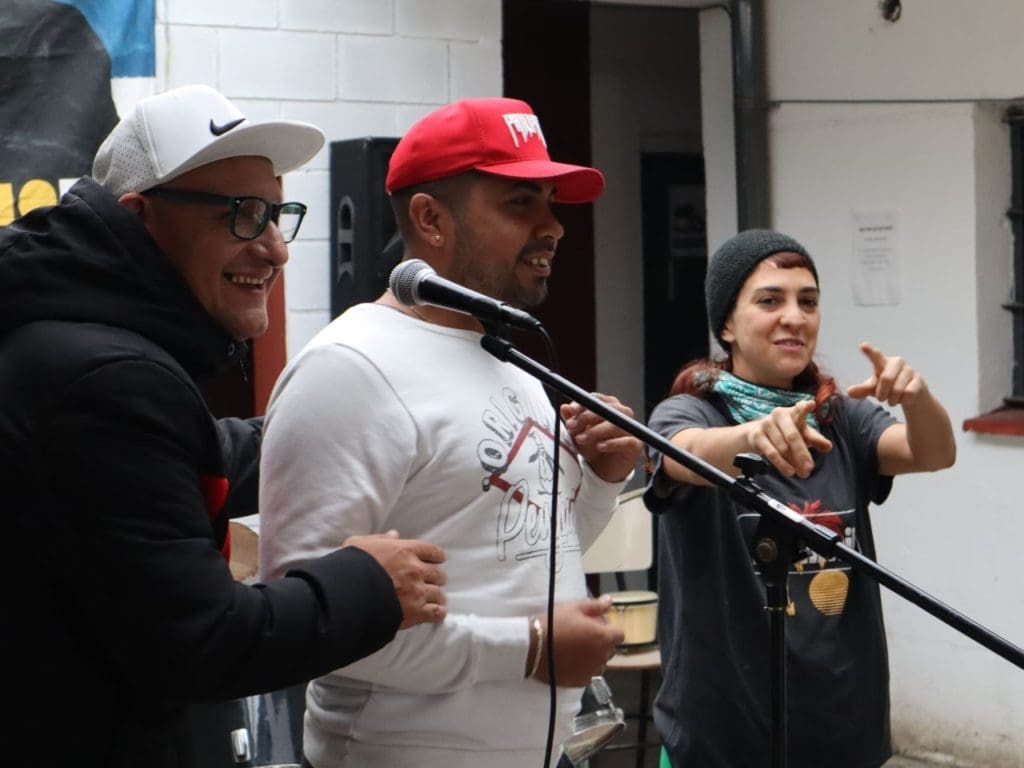
The power feels like an oasis inside the dark underbelly of the prison. It offered me a comforting embrace and a shield from the horrors surrounding me. It offered an escape route from the darkness.
Today, through Mosquito radio, my voice carries the echoes of the many lives extinguished before me. When I speak into the microphone, I channel the voices of those killed over petty possessions or slain by security officers. My voice echoes the memory of Cumbia music blaring in a nearby cell to drown out the sounds of stomping boots.
Creating radio reminds us that, while our bodies may be restricted, our minds and spirits remain boundless. The voice has the power to penetrate barriers. Prison is an unforgiving monster where nothing comes easy. Radio helps us battle the perpetual fatigue and learn to love ourselves.
Preparing for the way forward, and life outside the prison walls
As my release nears, I anticipate it. I have seen and heard about the difficulty prisoners experience transitioning back into society. Job opportunities can be scarce; friends and family walk away; and the lack of structure can seem unsurmountable. Through my support network at the university center, I learned that recidivism often occurs due to lack of preparation.
Preparation means transcending the mind while making good choices. Both the university program and the radio offer me a constant invitation to such preparation. A person who loves themself cannot fathom a life of imprisonment. I am slowly but surely learning to love myself. Today, I find freedom within the spaces I create.
This requires dedication to study, avoiding unnecessary conflict, maintaining impeccable conduct, and having a clear stance on resolving issues. I certainly carry both pain and hope. The hope comes from my family, the possibility of being there for my child, and helping my fellow inmates now.
I move forward, regardless of the uncertainties ahead; I take crucial steps toward personal transformation, even in the face of fear.

